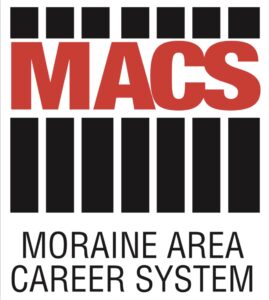
ISBE is excited to introduce Workplace Readiness Week, as required by Public Act 103-0598. Workplace Readiness Week, which may be observed by districts during a week of their choosing, is dedicated to preparing students for the future workforce. The purpose is to educate high school students about their rights as workers and the labor movement. Learn more about Workplace Readiness Week in this overview flyer.
What is Workplace Readiness Week? ISBE is excited to introduce Workplace Readiness Week per Illinois Public Act 103-0598. Workplace Readiness Week is dedicated to preparing students for the future workforce. The purpose is to educate high school students about their rights as workers and the labor movement.
Topics should include: • Identify students’ rights as workers. • Introduce students to state-approved apprenticeship programs and how to access them, and inform them about alternative career paths for those not choosing traditional higher education. • Equip students with essential skills for the workplace. • Help students feel ready and confident for their future careers. • Engage with activities, interactive lessons, and real-world skills training.
When should our district observe Workplace Readiness Week? Your district may choose when to observe the week. However, integrating Workplace Readiness Week with other key periods for Career and Technical Education can enhance visibility.
February is recognized as CTE Month, while November is celebrated as Apprenticeship Month.
How can our district engage students?
- Workshops: Hold hands-on sessions on resume writing, interview skills, and more.
- Guest Speakers: Hear from industry experts and successful professionals.
- Field Trips: Visit local businesses and see workplaces in action.
- Competitions: Have fun contests to test and showcase students’ skills.
- Daily Announcements: Present “Did you know?” facts, “Know Your Rights” items.
- Visual Displays: Create displays about key topics, employer responsibilities, alternative career path ideas.
- Social Media: Make daily posts featuring local employment, essential skills, and a student-worker spotlight.
- Advisory Period: Share a multimedia presentation or video series.
